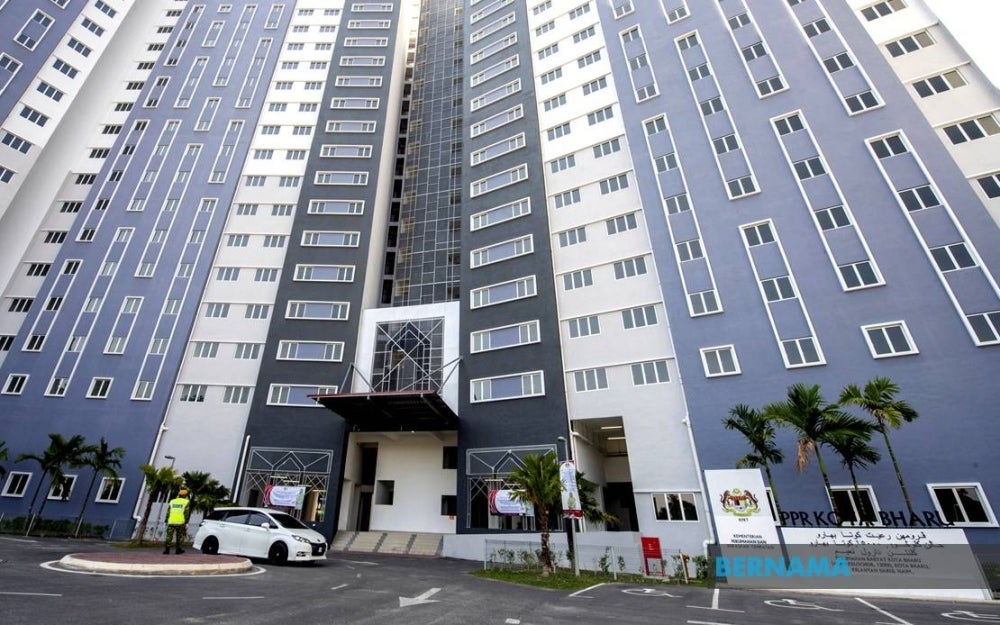Gov't must bridge income inequality to improve living quality of children, teen in PPR

SHAH ALAM -The government must play a vital role to reduce income inequality and increase access to education to improve the living quality of children and teenagers living in People’s Housing Projects (PPR), says expert.
Based on news reports, 13.4 per cent of this group living in PPR have suicidal thoughts.
This is due to mental health problems among children and teenagers, including economic pressure, cramped living conditions, and peer pressure.
To overcome this, Certified Mental Health & Awareness Practitioner Dr Praveena Rajendra advised the government must play a crucial role by investing in policies and programmes that prioritise the needs of this group.
Praveena, who is also a senior lecturer at Taylor’s University expressed disappointment over the high number of young people living in PPR experiencing thoughts of self-harm due to the pressures of life, particularly because of living in the lowest bracket of society.
"To overcome this, the government can increase funding to address the mental health problems of these PPR youth and children. It could also provide secure, affordable, and high-quality infrastructures," she opined.
She further added that children and teens in PPR may face a variety of stressors, including financial strain, social isolation, and limited access to resources, which includes poor living conditions, if the fundamentals are not addressed.
"Poor living conditions, lack of basic necessities, and social stigma can have a profound impact on their mental health and well-being, leading to symptoms such as anxiety, depression, and thoughts of suicide or self-harm.
"To address community issues, the government could invest in community-based programmes and resources such as after-school programs, mentoring programs, counseling, and support groups to address the specific stressors and challenges faced by this population.
"It is also important to promote education and awareness about mental health and destigmatize seeking help for mental health concerns," she told Sinar Daily.
Praveena, who specialises in narcissistic abuse recovery, also explained that overcrowding and poor living conditions can also add to feelings of helplessness and hopelessness.
"Children and teenagers living in PPR may also face additional challenges related to their age and developmental stage. Adolescence is a time of significant change and development, and young people in PPR may struggle to navigate these changes in the absence of adequate support and resources.
"They may also face additional pressures related to academic performance, social relationships, and future career prospects, so that is why it is important for us to recognize that these factors do not operate in isolation, but rather interact with one another to create a complex web of challenges for young people in PPR," she stressed.
She said that addressing these issues will necessitate a comprehensive and coordinated strategy involving a diverse variety of stakeholders, including policymakers, community organisations, and mental health professionals.
"By working together to address the underlying social determinants of mental health in PPR communities, we can help to promote the well-being of children and teenagers living in these environments."















